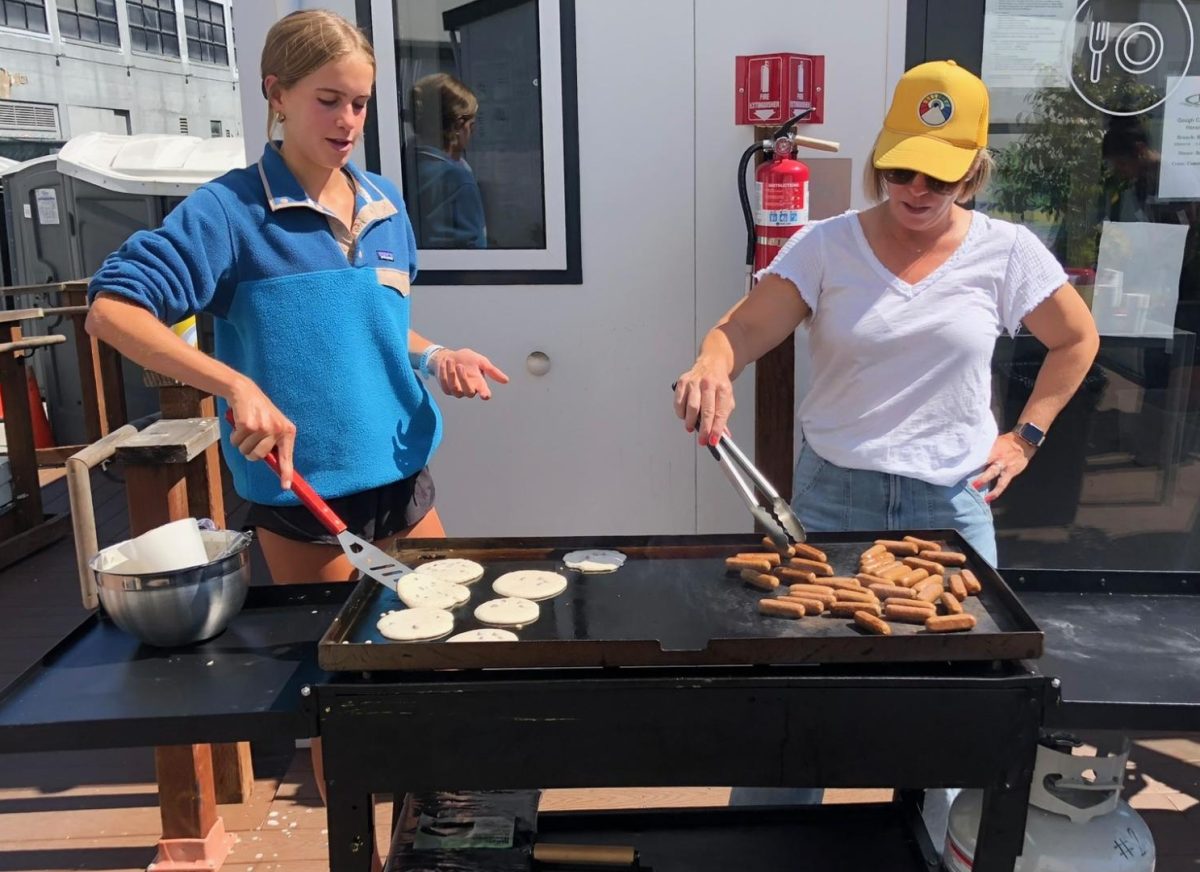Think you know it all about the college application process? Well of course you do, since there is a whole industry devoted to it. Having recently applied to college myself, I was inundated with advice on what to do. Because these gurus did not share tips about what NOT to do, here are insights that may be valuable for you.

Don’t “challenge yourself” by taking every AP class and ditch AP Photography, unless this is an actual interest of yours. College admissions officers have always encouraged us to take as many APs as possible. But don’t be fooled. According to experts like Todd VanDuzer, co-founder and CEO of student-tutor.com, almost all colleges use the unweighted GPA as the best reflection of your high school performance. So while you may think an “AP B” is equivalent to an A, think again. While college admissions officers look at the weighted GPA as a reflection of the rigor of your high school curriculum, they focus on the unweighted GPA to determine your actual academic performance, according to various educational consultants. The notable exceptions to this rule are the California public universities (UCs and CSUs) and very elite universities such as the Ivy Leagues. Even for those schools, students are better off limiting the number of APs they take to those in which they can succeed. Regarding AP Photography, you should know that colleges often recalculate GPAs to delete “fluff” courses like art, music, drama, woodworking and other courses not considered to be sufficiently academic, according to Mark Montgomery of Montgomery Educational Consulting.
Don’t go to Central America to build schools. Parents spend thousands of dollars flying their kids around the world to do good deeds so they can write about it in their college essays. But how many college admissions officers have read stories about teaching kids in Panama or building wells in Nigeria? Don’t you think they might see those trips as the glorified summer camps they actually are? A good deed performed locally could be just as meaningful, and perhaps more so because it doesn’t have the trappings of pampered children. One transformative experience at, say, the San Rafael Canal Alliance, will be as impactful and probably appear more truthful than several “service trips” to exotic locales.
Don’t apply regular decision. Early admissions trends for the Class of 2022 show big gains in the number of early admissions applications—and acceptances. Top schools such as Brown, Dartmouth, UPenn and Duke all saw double digit increases in the number of early applications they received, according to Mimi Doe and Dr. Michele Hernandez, co-founders of toptieradmissions.com. More importantly, many top schools now admit a significantly higher percentage of early applicants than they do regular applicants. For example, Brown and Duke admitted approximately 21 percent of their early applicants, yet these schools typically admit only about 10 percent of their entire applicant pool. See a trend here? Dartmouth admitted approximately 25 percent of its early applicants and notes that 47 percent of its incoming class was admitted early. Harvard, Yale, Princeton and UPenn expect to fill at least half their incoming classes with early decision/action admits. Hence, the regular decision process will become only more cutthroat going forward. Last but not least, finding out in autumn of senior year how colleges are responding to your application is not only insightful, but can also be a source of significant relief if you get accepted by some of your top schools.
Don’t tell colleges about yourself in your essay. Imagine the weary college admissions officer buried in thousands of essays about “how I love to do this” and “why I’m so passionate about that”—so boring and self-absorbed. Your essay should appeal to the child in all of us by entertaining us. Convey a story which paints the picture of who you are, what you think about and what turns you on intellectually. It’s a subtle display of your innermost thoughts and creativity. Don’t worry if your reader is confused by your analogies at the start of your essay—just make sure you wrap it up with a bow by the conclusion. Understand that how you write this essay is just as important as what you say.
Don’t start writing your college essay in September. The college essay is arguably the most important piece of writing you will ever do. So is it wise to leave it until autumn of senior year when you have so many competing priorities? Writing an amazing essay is like cooking a stew—it takes a while to marinate so that the flavors develop just right. Instead of spending the summer after your junior year flitting from one campus visit to the next, use those precious hours to work, re-work and re-work that essay some more. I guarantee you that all this hard, unglamorous effort will be reflected in the end product.
Don’t get senioritis until second semester. Whoops, I meant don’t get senioritis at all … but seriously, first semester senior grades can be critical to the admission process even for early decision/action candidates, according to former Smith College admissions counselor, Sally Rubenstone. So don’t screw up all the hard work by giving up, even during second semester of senior year, unless you don’t care if your acceptances get rescinded!
Whew, thank goodness I’m done with this process and shockingly, yes, I’m going to college. Wasn’t sure there for awhile. Good luck to all of you.






